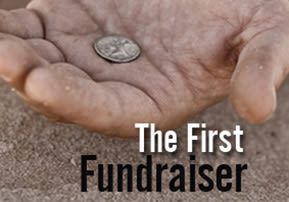
Terumah: The First Fundraiser
Today, even though we know G-d is there, there is a WRONG sense that our errors are not scrutinized to the degree that they were...

:א וַיְדַבֵּ֥ר יְהֹוָ֖ה אֶל־משֶׁ֥ה לֵּאמֹֽר
:ב דַּבֵּר֙ אֶל־בְּנֵ֣י יִשְׂרָאֵ֔ל וְיִקְחוּ־לִ֖י תְּרוּמָ֑ה מֵאֵ֤ת כָּל־אִישׁ֙ אֲשֶׁ֣ר יִדְּבֶ֣נּוּ לִבּ֔וֹ תִּקְח֖וּ אֶת־תְּרֽוּמָתִֽי
G-d spoke to Moshe saying, “Speak to the children of Israel, and take an Gift-Offering for Me …” (Shemot 25:1-2)
In this week’s parshah, we read about the first official Jewish building fundraising drive. It was a great success. In fact, Moshe had to tell the Jewish people to stop giving when contributions to create the vessels for the Mishkan (Tabernacle in the desert) exceeded expectations.
The answer to this anomaly in Jewish history lies in a later Rashi, in Parshat Ki Tisa:
“There is no [absolute] chronological order to the Torah — the golden calf occurred many days before the commandment to build the Mishkan … [even though it appears in reverse order in the Torah]” (Shemot 31:18)
For, as the Talmud says, when it comes to the Jewish people, G-d makes the “cure” before the “illness.” In this case, it means that the Mishkan existed, at least conceptually, before the sin of the golden calf, so that the Jewish people would have something with which to atone for their terrible sin and violation in advance.
It’s a great fundraising technique. Rather than simply fund-raise from wealthy people, look for the people with the guilty consciences, people looking to atone for some sin or another. It worked in Moshe’s time — why shouldn’t it work today?
The answer is (more likely than not), NOT because such people are hard to find; even righteous people, said Shlomo HaMelech, sin at least occasionally. The difference is the way people react to their violations of Torah today, and that is, with far less sense of remorse than in the times of Moshe Rabbeinu.
But of course! How can we compare our day with Moshe’s? Anyone living in the times of Moshe and the Mishkan, during the days of the manna and the miraculous well of water (not to mention the Clouds of Glory), would find it impossible NOT to feel regret after sinning. G-d was right there! There was no place to hide, so, it was better to admit than to pretend nothing wrong happened.
However, today, even though we know G-d is there, still, there is a sense — a wrong sense — that our errors are not scrutinized to the degree that they were in the desert. Lightening does not come down from the sky when we do something wrong. Furthermore, unlike it was with the manna, bread appears on the same shelf of the supermarket for those people who sin as it does for those who do not sin.
If we had to build a Mishkan today, would there be a surplus of gifts from hearts seeking Divine forgiveness for less than spiritually-perfect lives? When people give today, for whom is the favor being done — the giver or the receiver? Typically, we assume the receiver, who looks far less fortunate than we do.
However, applying the well-known (and accepted) principles that the “cure” precedes the “illness,” and, that nothing ever happens by accident, perhaps it is the giver who truly benefits the most in the transaction. For, the concept of “shidduchim” does not merely apply to potential husbands and wives. It also applies to friends, business partners, and any situation in which two or more people are brought together, or, whenever we encounter a particular situation that just “happened” to come our way.
In other words, lightening my not come down from the sky every time (or even once!) we act against the values of the Torah, but, whenever we are asked to part with something dear — like money, for instance, even when not for the sake of a mitzvah — perhaps it is time to wonder. Wonder about what? That maybe G-d is giving us a break in advance; that maybe we are receiving the medicine in advance of the illness, sot-to-speak.
Wait, we’re not finished with this idea yet (no, I am not a fundraiser …). “But there are SO many people to give to these days,” you might be saying. “There are so many causes — some of which are not even authentic! It just gets impossible to care for every cause and to give to everyone …”
True. However, that does not negate the point. Everything in life is a test designed to help us mature spiritually, to confront our shortcomings in order to become more G-dly. Our responsibility is to try not to become detached from the situation, to try not to react as if it has nothing to do with us since we don’t feel like relating to the person in need, or the cause. Sometime you may not be able to give whatever is being asked of you, but that doesn’t mean you can’t care.
You never know when that person in front of you, or that cause on the table before you, is a spiritual “remedy” for a future “illness,” an atonement that you’re sure to need at a future time. It may not appear that way NOW, but it will in the future, at a time there will be little you can do to rectify the situation.
***
Pinchas Winston is the author of over 95 books on various topics that deal with current issues from a traditional Jewish perspective. He has also written on the weekly Torah reading since 1993, called “Perceptions”, as well as on current topics and trends affecting Jewish history, past and present. One of his missions is to make the depth and beauty of the more mystical teachings of Torah understandable and accessible to those who can really benefit from them. Visit his website at thirtysix.org.


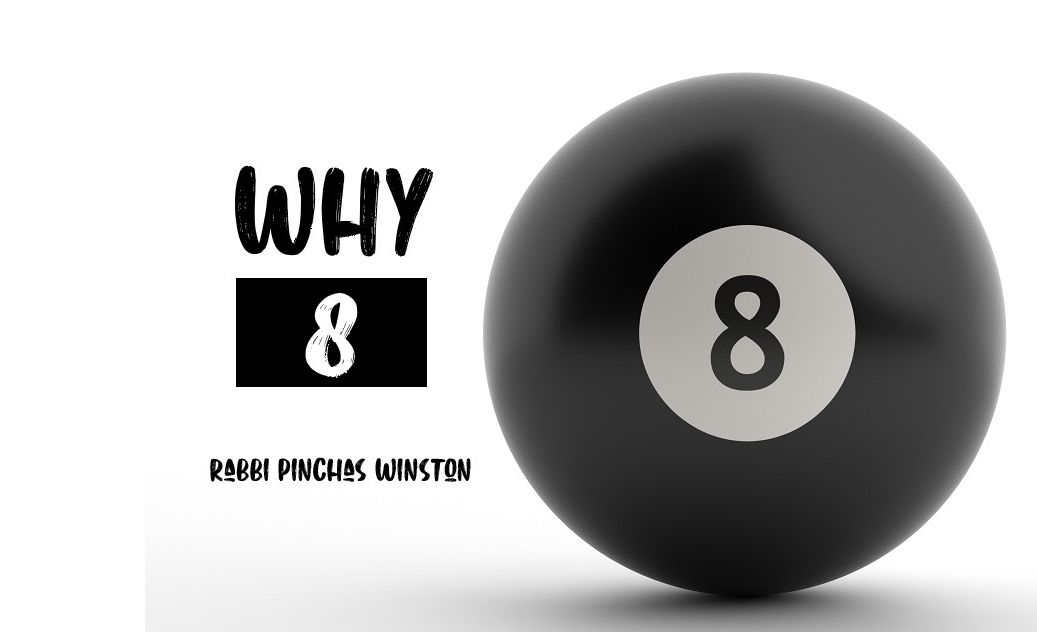


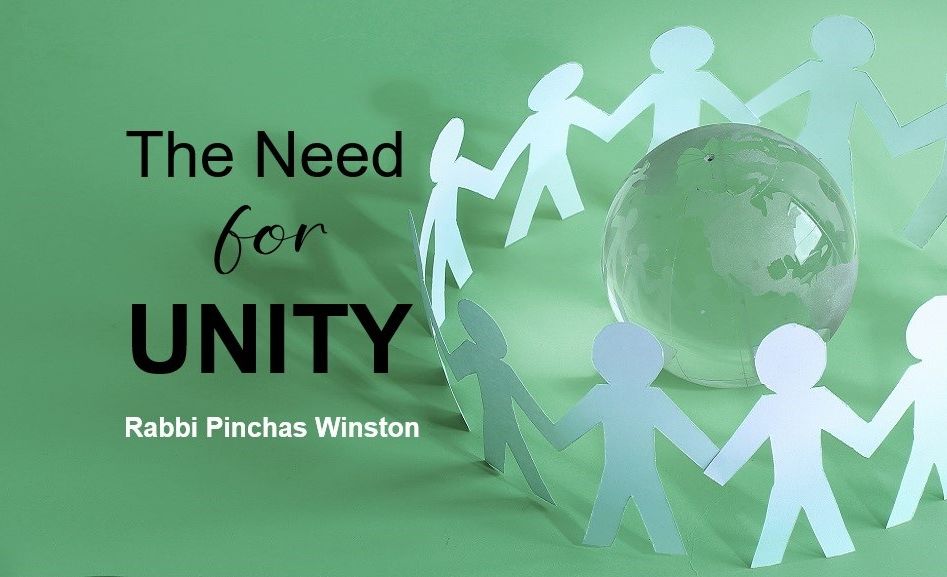
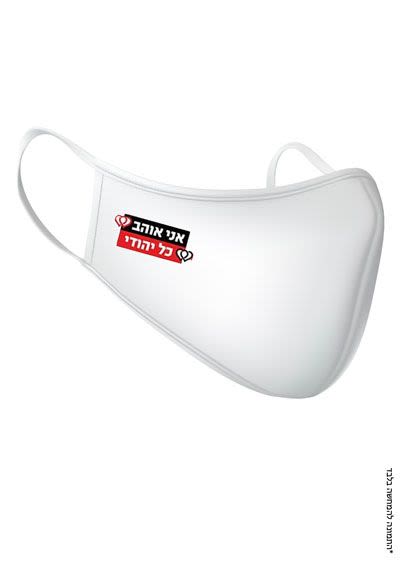
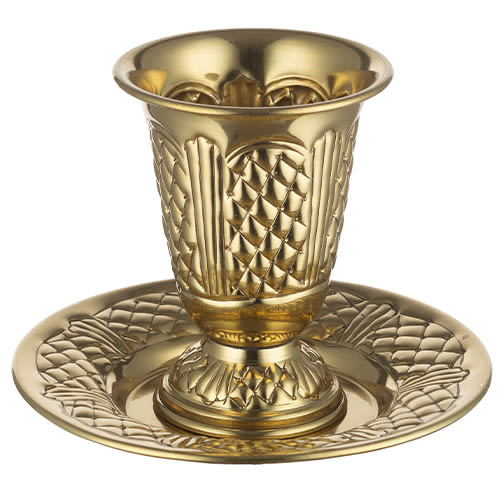

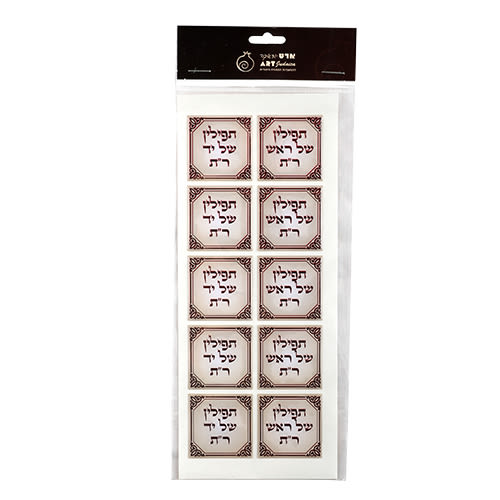
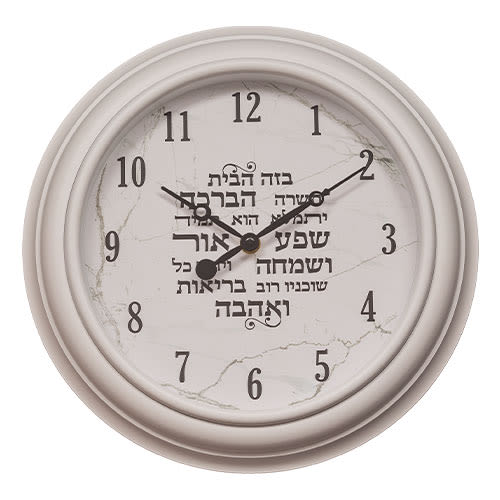
Tell us what you think!
Thank you for your comment!
It will be published after approval by the Editor.